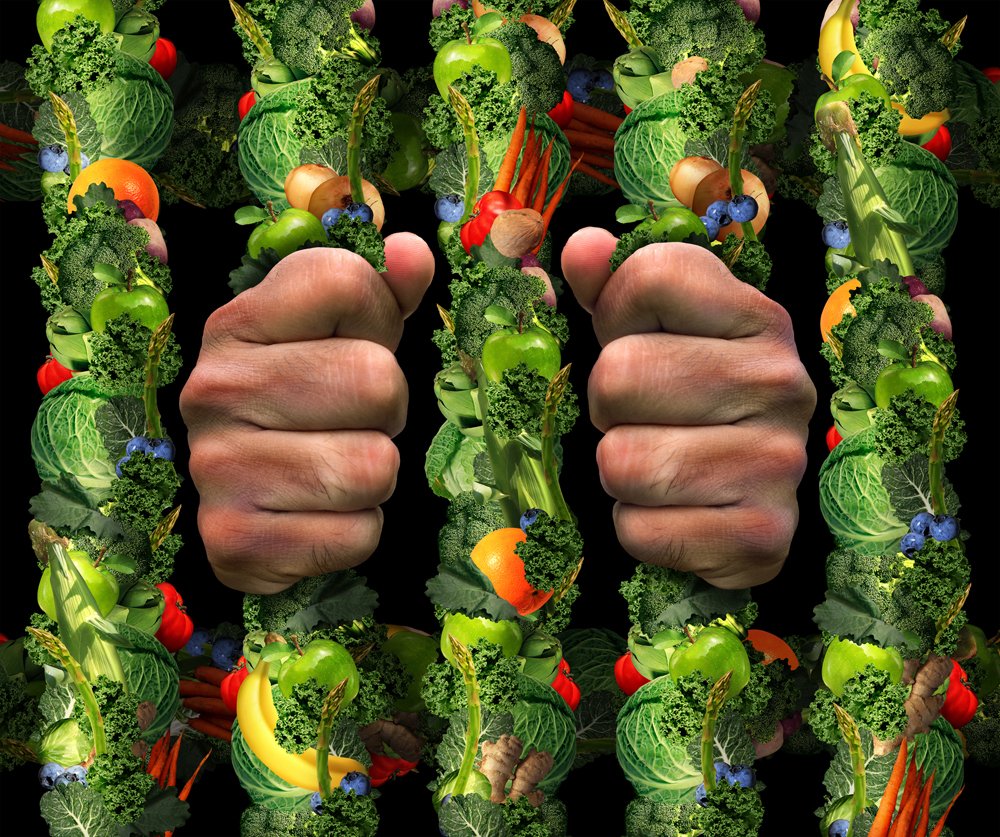Are You Stuck in the C-FAST?

I am working with an international research team to further develop and validate the C-FAST Screening Tool (more info here).
In the meantime, I have listed some risk factors for getting trapped in the C-FAST.
Approach the assessment with an open, self-compassionate mindset. It can be hard to accept that conditioning contributes to your reactions because it may sound like your symptoms are your fault or in your head. However, conditioning impacts most body functions. It plays a minor role in some people’s food sensitivity but can be debilitating for others.
Risk Factors for Getting Stuck in the C-FAST:
Red Flags:
Common Feelings When You are Trapped:
If you checked three or more statements, you may be stuck in the C-FAST cycle.
We are constantly bombarded by messages about the dangers of everyday foods, and it is easy to get trapped in food and symptom hypervigilance. But with early recognition, you can break out quickly. A email that I received illustrates the importance of early recognition and redirection.
“I was recently diagnosed with mast cell activation disorder. My doctor provided no guidance, so I joined an online support group. I was scared to eat after reading the horror stories about food reactions. Luckily, I came across one of your articles and enjoyed Easter brunch with my family”.